The Specialist Program is seeking applicants with expertise in artificial intelligence!
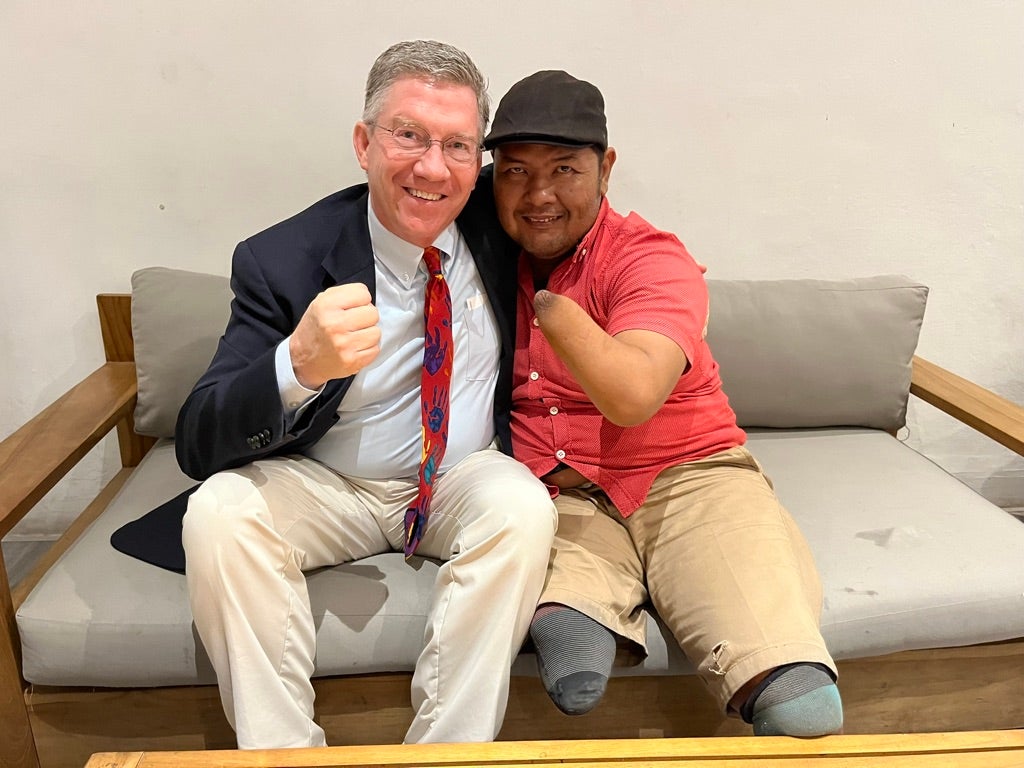
Specialist Application Process
The application process provides multiple opportunities for applicants to illustrate their qualifications and demonstrate their interest in the Specialist Program. The first step is documenting eligibility.
Specialist Program
Eligibility
- Minimum Requirements
- Preferred Qualifications
The English Language Specialist Program matches top-tier TESOL experts to intensive, high level in-country and virtual projects. Those in the available candidate pool must be available on short notice for in-country projects of up to three months, virtual projects of varying lengths, or mixed (a combination of in-country and virtual activities)
Specialist applicants must demonstrate that they have:
- U.S. citizenship.
- A conferred graduate level degree or higher in TESOL, applied linguistics, or a related field to English language teaching.
- A minimum of 10 years of full-time, post-bachelor’s degree teaching experience.
- Demonstrated experience conducting English language teacher training.
- Experience presenting at professional conferences in TESOL, applied linguistics, or a related field to English language teaching.
- A demonstrated commitment to the field of English language teaching.
Applicants must meet the minimum eligibility requirements, but almost all candidates who are identified as potential matches for Specialist projects also demonstrate many of the preferred qualifications.
Special Requirements
In some cases, projects have additional requirements and restrictions related to, among others, education or employment history, medical conditions, conviction history, or age (related to local labor laws).
While these factors will not preclude an applicant from consideration for the program, they may prevent an applicant from being considered for certain projects. For example, some countries may have specific requirements to apply for a visa or a project may require someone with a very specific educational background.
Medical Clearance
All candidates who are selected for a Specialist project with in-country activity dates of any length must complete a Health Verification Form (HVF) and submit it to the cooperating agency by the date stated in their acceptance letter. All offers are conditional pending medical clearance. Selected candidates whose HVFs are not cleared will be notified and their offer to participate in the program will be rescinded.
Eligibility Restrictions
Applicants should note the following:
- English Language Fellows, Specialists, and Virtual Educators are not permitted to engage in overlapping projects between, or within, the three programs.
- Specialists who will have an overlapping full-time employment contract with or will be employed by another U.S. Government agency during a project agreement period, are required either to waive the stipend portions of the agreement or to take an unpaid leave of absence from the other U.S. Government agency for the duration of the overlapping period.
- English Language Fellows, Specialists, and Virtual Educators cannot participate in or have an open award with any other U.S. Department of State-funded exchange program(s) during their agreement period.
- Former English Language Programs participants who owe funds to English Language Programs are not eligible for consideration to participate in new English Language Programs projects for which they are qualified until the entirety of the owed funds are repaid.
Applicants that are considered most competitive not only meet the minimum eligibility requirements, but also demonstrate the following experience and qualities:
- A Ph.D or equivalent graduate-level degree.
- Flexibility, cultural adaptability, and resourcefulness.
- Publications of refereed presentations, journal articles, or books.
- Extensive experience conducting teacher training.
- Experience delivering plenary addresses at professional conferences in TESOL, applied linguistics, or a related field to English language teaching.
- Experience living and teaching abroad that includes teacher training.
- A leadership role in an English language teaching organization.
Specialist projects also often require expertise in teaching English to learners and training teachers in one of the following fields:
- English Access Scholarship Program
- English for Academic Purposes
- English for Specific Purposes (i.e. aviation, hospitality, journalism, law/law enforcement/border guards, medicine, security)
- Project-Based Learning
- STEM
- Summer camps
- Technology in the Classroom / Online Learning (i.e. LMS platforms such as Canvas / Moodle / Google Classroom, Blended Learning, Webinar Design and Facilitation, MOOC Camps)
- Vocational education
- Young learners/K-12 populations

Specialist Program
Application Process
- Overview
- Personal and Background Information
- Availability
- Qualifications
- Additional Information
- When to Submit an Application
- How to Submit an Application
Applicants should review the eligibility requirements before submitting an application.
Applicants must meet the minimum eligibility requirements, but many Specialists also present with the preferred qualifications. While meeting the minimum eligibility requirements is sufficient to be admitted into the available candidate pool, it may not be sufficient to get matched to a project. Applicants are therefore strongly encouraged to provide ample detail in their applications/CVs regarding the breadth and depth of their TESOL expertise.
Personal Information: All applicants are also asked to complete a brief Personal Information section.
Background Information:
- Current Address and Contact Information
- Previous U.S. Government Grantee Information – Whether the applicant has previously been a recipient of another U.S. government grant. This can include, among many others, participation in English Language Programs – as a Specialist, Virtual Fellow, etc.; receipt of a Fulbright grant as an ETA, Student, Scholar, etc.; or serving as a Peace Corps Volunteer.
- Criminal Conviction History – Applicants who, at the time of application, or at any subsequent time prior to becoming an English Language Specialist, have been convicted of commission of a felony or a misdemeanor (excluding minor traffic violations), must inform the program
Availability – Applicants indicate their availability for both in-country and virtual projects. This helps with determining which candidates may be available during project rostering. Once an applicant has been accepted into the available candidate pool, the applicant is strongly encouraged to update the applicant’s availability regularly.
Education/Credentials – The applicant’s academic background, including relevant degrees, certificates, diplomas, state ESL endorsements, or other required credentials for eligibility.
CV – The expertise documented in an applicant’s CV is used to help determine if they meet the minimum eligibility requirements. CVs should detail both the breadth and depth of an applicant’s expertise in the field of TESOL and other fields, as relevant.
Areas of Expertise – Applicants indicate their areas of expertise that are demonstrated in their CV through teaching, teacher training, research, or publishing. A brief explanation is included for each area of expertise identified.
International Expertise – Applicants indicate the countries in which they have professionally worked and provide a brief description of that work. Examples include employment, fellowship or grant opportunities, volunteer opportunities, or leading or participating in workshops. Applicants should not include personal travel abroad or study abroad experiences.
Language Skills – Additional language skills are not required, but they can be helpful for projects in certain regions.
Professional Experience – Details regarding relevant professional experience, including employer name, city, state, and country, as well as the applicant’s title, employment dates, average hours per week and instructional hours (if applicable). This information will be reviewed alongside the CV, so the two should match.
References – Contact information for two references, at least one of whom must be a professional reference, which is defined as an employer, supervisor, or colleague. References may be contacted during the application review.
Affiliations – Affiliations to organizations or professional associations relevant to the field of TESOL, such as TESOL International, regional TESOLs, NABE, or others.
Relevant Awards – Relevant awards or accolades received throughout the course of the applicant’s career.
Additional Documentation – An opportunity for applicants to upload any documents (certifications, licenses, reference letters, writing samples, etc.) they wish to support their applications.
Applications to the English Language Specialist Program are accepted and reviewed on a rolling basis, year-round.
When submitting an application, applicants are applying to be included in the available candidate pool for all available projects (in-country, virtual, or both in-country and virtual). Being in the available candidate pool does not guarantee a match to, or selection for, a future project. Additionally, it is not possible to anticipate if or when an applicant who has been accepted into the available candidate pool might be contacted for a project.
A detailed overview of the Specialist application review and selection process can be found below.
Online Application:
- Applications for the Specialist Program are accepted only through the online English Language Programs Portal.
- Through the Portal, applicants can create a new application or access an existing application using their original login information.
- Applicants should review the overview of requirements for a complete application, here. Failure to follow instructions will delay the review of the application.
- Applicants must accurately reflect their skills and experience; material omission or misrepresentation of any information submitted may be grounds for removing an application from consideration and/or rescinding an offer to participate in the program.
- Applications do not need to be completed in one sitting; applicants can begin an application at any time, save the information, and come back as many times as is required before submitting.
Specialist Program
Review, Matching, and Selection
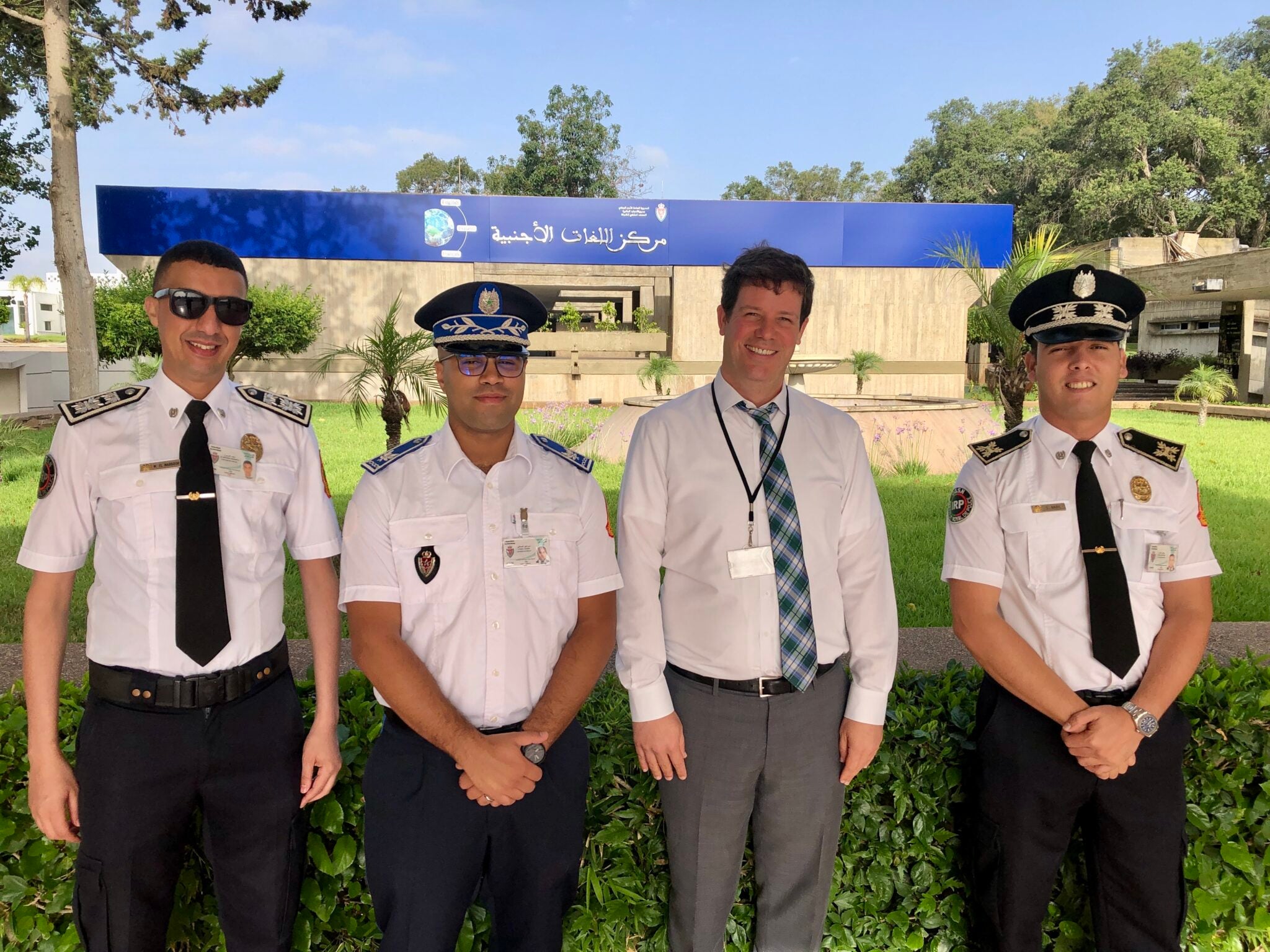
1. Review
Complete applications are reviewed on a rolling basis and in the order that they are submitted, to determine whether they meet program eligibility requirements, and if there is evidence of the experience and qualities required to be a Specialist.
Applicants are notified by email when a determination is made regarding eligibility and whether they will be included in the available candidate pool. Applicants can also track the status of their application review online, by logging in to the English Language Programs Portal.
Being placed in the available candidate pool does not guarantee that an applicant will be matched to, or ultimately selected for, a Specialist project.
If an application does not meet the minimum eligibility requirements, the applicant will be notified via email that the applicant is not being added to the available candidate pool. Applicants are encouraged to review their materials and consider reapplying once they are able to demonstrate the minimum eligibility requirements.
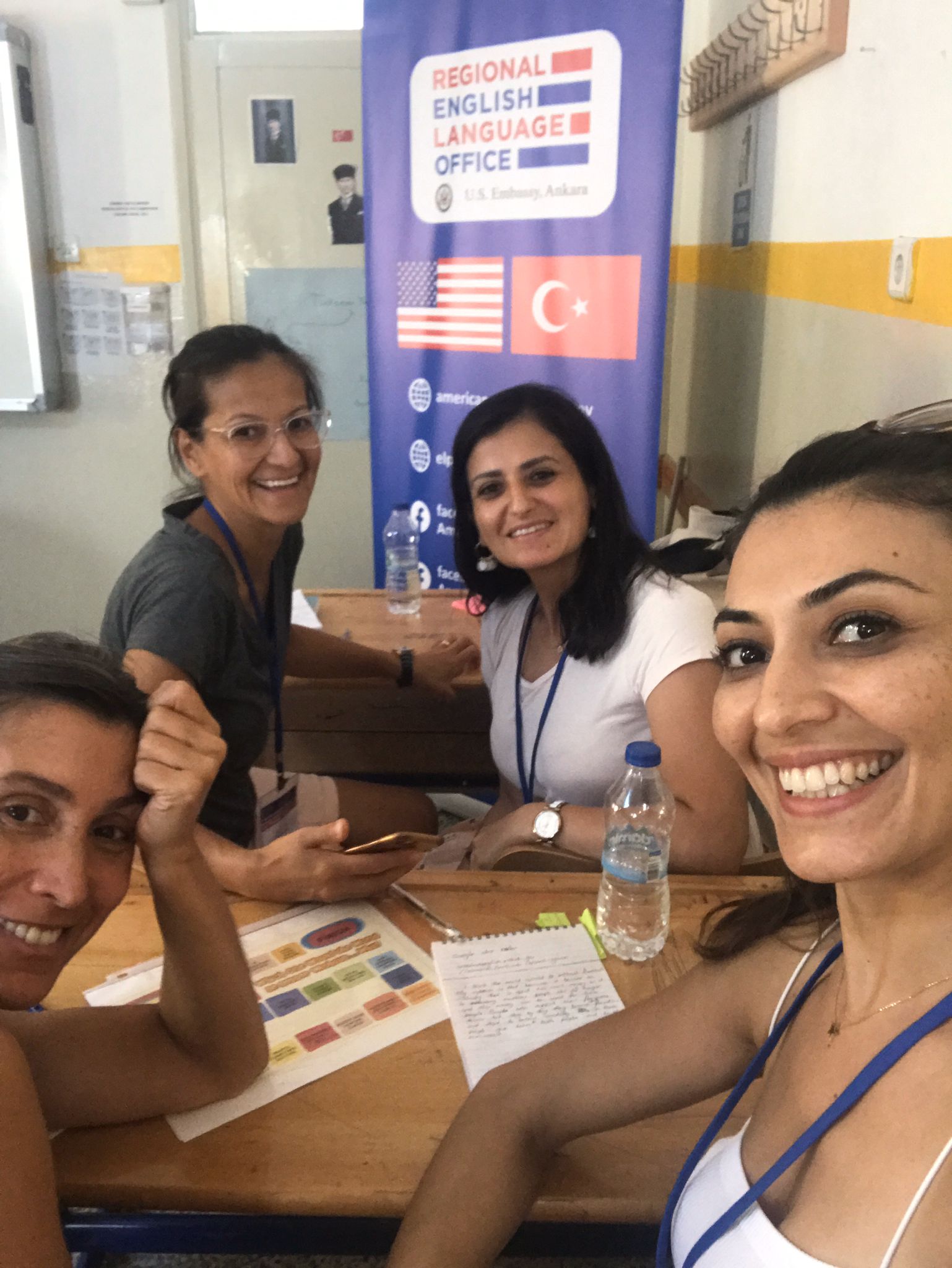
2. Matching
Applications that are moved to the available candidate pool are considered eligible for project matching, which is conducted on an as-needed basis. Being placed in the available candidate pool does not guarantee that an applicant will be matched to, or ultimately selected for, a Specialist project. Candidates will remain in the available candidate pool indefinitely unless they choose to withdraw their applications. As such, it is imperative that those in the pool update their credentials in their applications regularly.
U.S. Embassies submit requests for English Language Specialist projects throughout the year. The program then reviews the available candidate pool for candidates with a professional match between their skills and experience and the needs and requirements of the project.
If a candidate’s skill set is matched to the specific needs and qualifications of a project, the candidate will be contacted by email to verify the candidate's interest in, and availability for, the project. This email is NOT a notification of selection.
The interest and availability email contains information about the project format, location, and a general description of the project’s duties. Candidates are asked to confirm whether they would like to be considered further for the project, at which point they move to the selection phase, or they can request that they be withdrawn from consideration for that project. If a request is made to withdraw, the application will be placed back into the available candidate pool for consideration, but there is no guarantee of another match.
Specialist project requests from U.S. Embassies are typically received no more than three months prior to the project start dates. As each Specialist project is unique and has different required Specialist qualifications, it is not possible to anticipate if, or when, a candidate may be contacted regarding a project.
Those in the available candidate pool are encouraged to update their application in the English Language Programs Portal semi-annually to ensure consideration for projects that match their most up-to-date qualifications and availability.
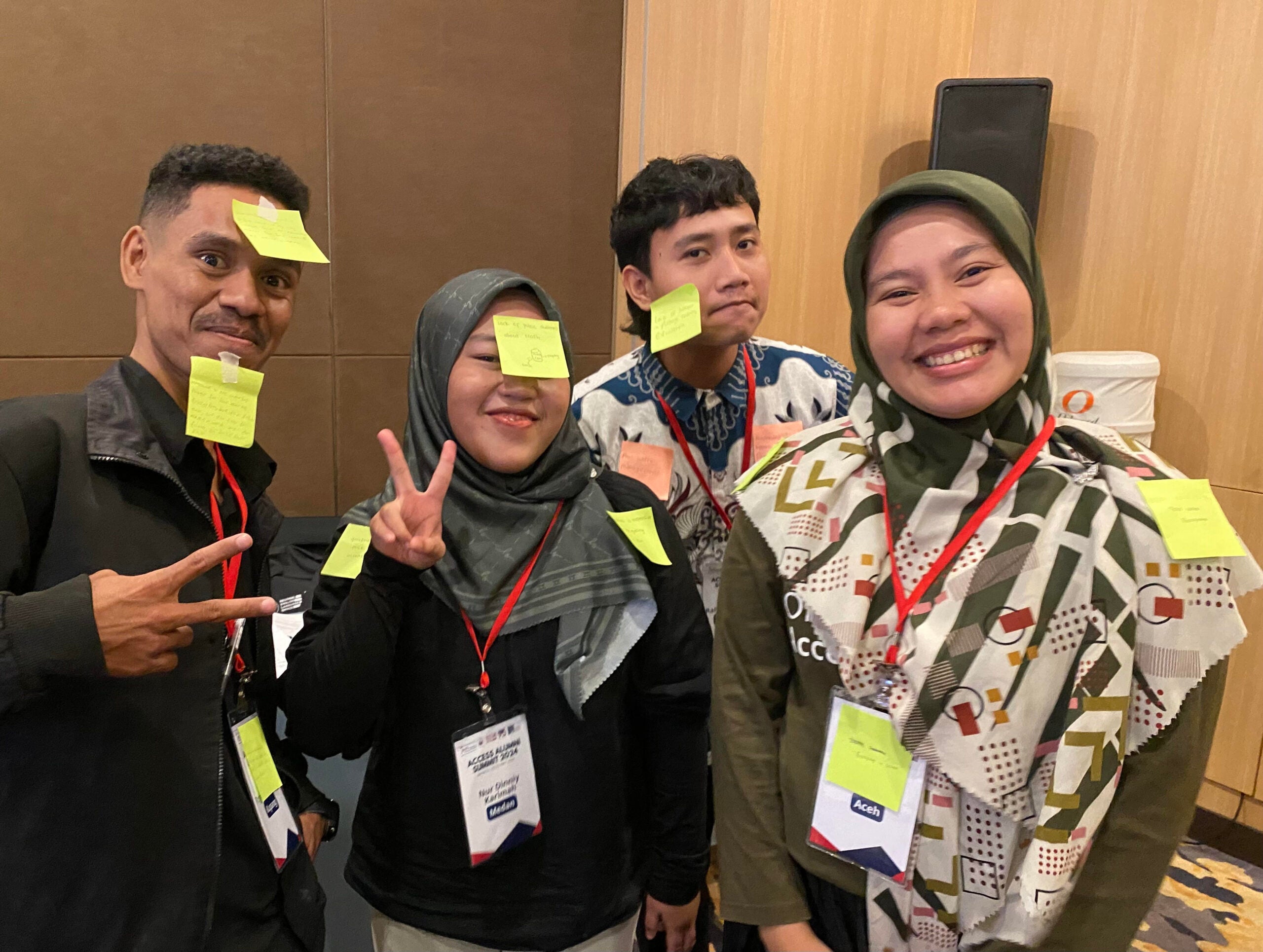
3. Selection
If a candidate confirms interest in and availability for a Specialist project match, the candidate's information is forwarded to the relevant U.S. Embassy for final consideration, along with a roster of other qualified applicants. The U.S. Embassy may reach out to the candidate and arrange an interview to discuss the project in more detail.
U.S. Embassies make the final selection decisions for all English Language Specialist Program projects. Candidates will be notified by email of the final selection decision. Those who are not selected will be placed back into the available candidate pool, but there is no guarantee of another match.
Those in the available candidate pool are encouraged to update their application in the English Language Programs Portal semi-annually to ensure consideration for projects that match their most up-to-date qualifications and availability.
Specialist Program
Resources
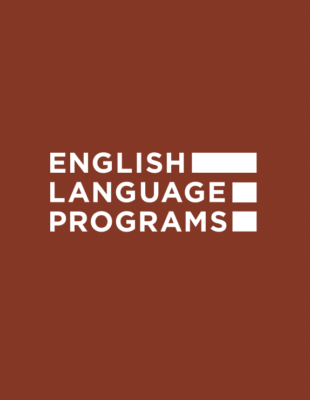
Handbook
The Specialist policy handbook is a compendium of the current program policies and processes for selected Specialists.
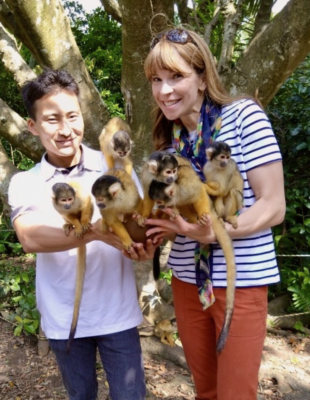
Health Verification Form (HVF)
Candidates selected for a Specialist project with in-country dates of any length must complete an HVF and submit it to the cooperating agency by the due date specified in their acceptance letter. Offers to participate in the program are conditional, pending medical clearance.
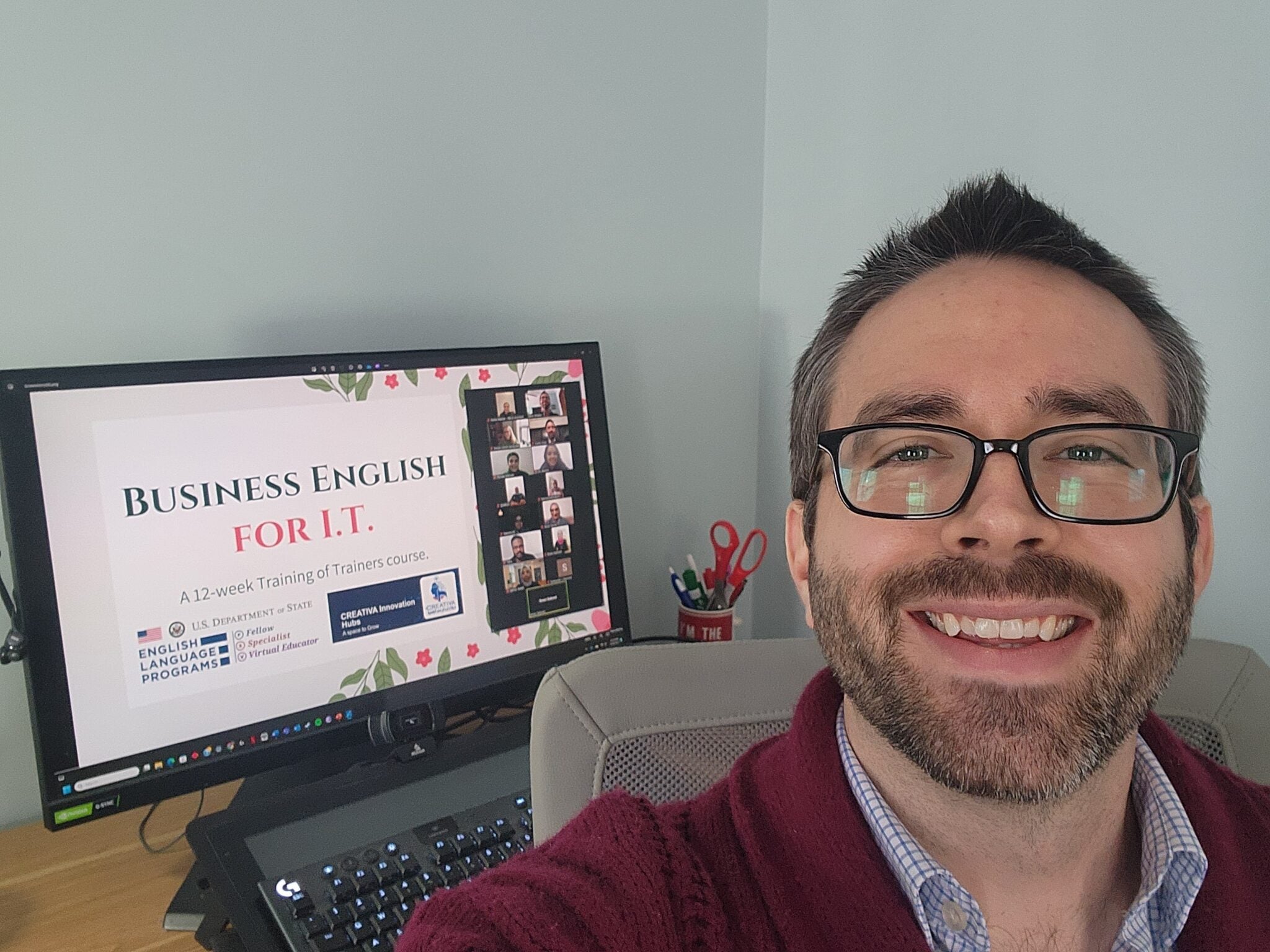
Specialist Program
Need More Information?
The Specialist FAQs page provides answers to commonly asked questions.
